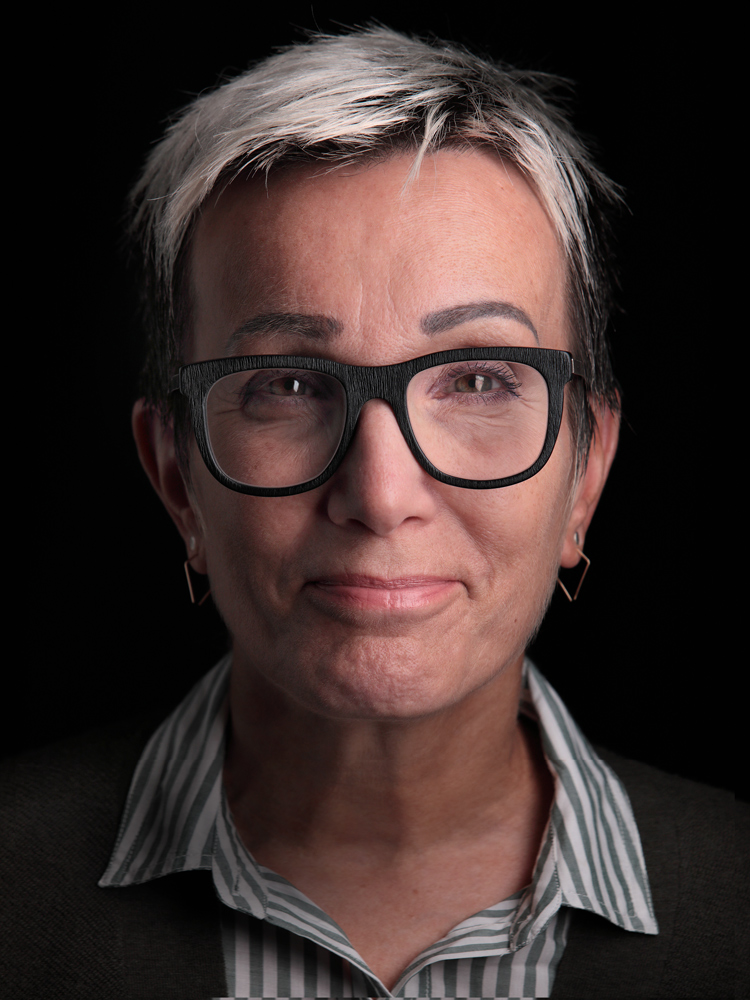Democracy must be protected. Acting on that long-held truth now is more urgent than ever.
Less than two years ago, we saw a defeated but still defiant president who was willing to unleash violence in a desperate attempt to retain power, and a riled up MAGA mob raring to be unleashed. With gallows waiting outside, they stormed the Capitol in an attempt to keep a legitimate election from being certified, coming within 40 feet of grabbing Vice President Mike Pence.
The insurrection failed, but MAGA lives on. The Michigan ballot is filled with candidates who continue to trumpet the lie that the 2020 election was stolen. Equally concerning are the intense efforts the MAGA-verse has put into recruiting poll watchers and workers.
This is no time for people who support civil liberties to be complacent.
Fortunately, we live in a state where its citizens are empowered to directly make crucial decisions affecting us. You and me and every other person who is eligible to vote can directly shape our future through ballot measures. That is a good thing, because Lansing gridlock and partisan gerrymandering have resulted in a state government that often does not reflect what a majority of people here want.
That is why a record number of people signed petitions to put Proposal 3 on the Nov. 8 ballot. We know from polling that a solid majority of Michiganders want abortion to remain legal. But that right was put in jeopardy when a U.S. Supreme Court, dominated by conservatives, overturned Roe v. Wade, taking away the constitutional protection for abortion that had been in place for nearly 50 years.
Politicians have no business inserting themselves into highly personal reproductive decisions that should remain between a person and their caregiver. Motivated by the fact that a dormant 1931 law that outlaws abortion could be reactivated, grassroots volunteers helped collect more than 750,000 signatures to put the issue in front of voters.
Support for the measure remains high. But deep-pocketed special interests are doing all they can to spread disinformation and cloud the issue. We can help counter that effort by tapping into the same grassroots enthusiasm for reproductive freedom that put Prop 3 on the ballot. What we need in the waning days of this campaign is for people like you to volunteer to knock on doors and make phone calls to make sure potential voters know the truth about Prop 3 and turn out to pass it.
You can volunteer by going to the Reproductive Freedom for All website and signing up.
Also on the ballot is something that’s absolutely crucial to a functioning and fair democracy: voting rights. This is another issue where the citizenry is more forward-looking than the political power structure. In 2018, 67 percent of the Michiganders voted “yes” on a ballot measure that expanded absentee voting and enacted other reform that made voting in our state both more accessible and more secure.
The ACLU of Michigan played a major role in helping pass that proposal because of our long-standing commitment to voting rights. Promote the Vote, which appears on this year’s ballot as Proposal 2, expands on the success achieved in 2018. If passed, Prop 2 will: create nine days of in-person early voting; allow voters to request an absentee ballot for all future elections; provide state funding for secure ballot drop boxes, postage for absentee ballots and absentee ballot tracking; count ballots from military and overseas voters that are postmarked by Election Day and received within six days.
These are common-sense measures that will help to further ensure that every eligible voter who wants their voice to be heard is able to do so. Prop 2 will also block the ability of partisan election deniers to interfere in the outcome of an election by requiring audits to be conducted in public by local election officials. It will also ensure that the outcome of all Michigan elections is determined solely by the votes cast.
No one person can protect our democracy. It is up to all of us to do our part. With Election Day fast approaching, the time to act is now. Please join us in the ongoing fight to keep special interests and highly partisan politicians from determining the future of voting and reproductive rights in Michigan.
It all comes down to three words found in the preamble to the U.S. Constitution:
We the people.
The future of our democracy is up to us. The time to protect that future is now.
Shelli Weisberg is the ACLU of Michigan’s political director.
Date
Wednesday, October 19, 2022 - 3:45pmFeatured image

